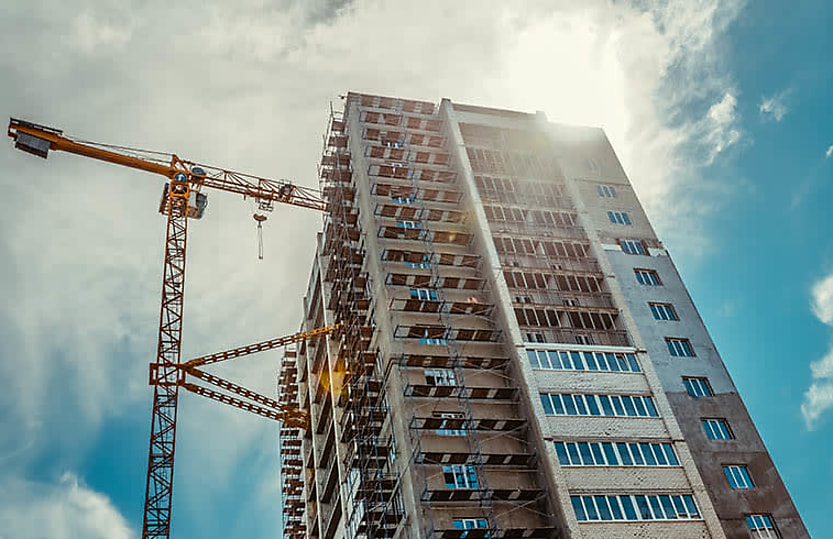Collapsing building approvals to ‘exacerbate’ housing crisis

A rapidly diminishing pipeline of new builds will further increase pressures in the rental market at the worst possible time, Master Builders cautions.
New building approvals fell 8.1 per cent over the month of April with a total of 11,594 dwelling approved, according to ABS data released this week.
This was the lowest level since April 2012 and will severely impact Australia’s ability to meet its housing target, according to Master Builders Australia.
Master Builders Australia acting chief executive Shaun Schmitke said the reverse in new home building approvals come in the aftermath of twelve months of rising interest rates and inflation at its highest in over 30 years.
“The data reflects the cautious approach being taken by developers and consumers in the face of economic uncertainty and high building costs,” said Mr Schmitke.
Construction and building industry under pressure
AMP deputy chief economist Diana Mousina said the building industry has been suffering from a range of headwinds recently including challenges in sourcing labour due to the tight labour market, cost blowouts as input prices rose significantly and increasing interest rates impacting demand.
“Throughout 2021–22, the level of residential construction activity has been well below the level of building approvals,” Ms Mousina said.
“While not all building approvals are translated into actual construction activity, the gap between the two is very large which means that there is still a pipeline of residential construction work yet to be finished which is positive from a growth perspective. However, when the pipeline of work dwindles, construction activity could fall quite significantly, based on the current trends in building approvals.”
Building and construction industry net profits dropped by 9.3 per cent during 2021–22, despite a 10 per cent increase in the industry’s total income during the year.
However, the rise in income was eclipsed by a 14.1 per cent jump in the industry’s total expense bill, with the biggest underlying impact stemming from soaring costs of goods and materials which increased by 20.4 per cent.
Master Builders said the 2022–23 financial year has been particularly difficult for builders who have “found themselves in a profitless boom off the back of unprecedented cost pressures due to the combination of fixed price contracts, materials, workforce and interest rate cost pressures as we rebuild from Covid”.
“There needs to be a conversation around fixed-price contracts and appropriate risk-sharing between banks, developers and builders,” said Mr Schmitke.
“Governments need to look at what impact their regulations and policies have on the cost of building homes and on the cost of building social infrastructure; that includes industrial relations laws, the cost of planning and the need for more titled land.”
Largest fall in high-density home building
The ABS data showed that the biggest drops were in higher density home building approvals and home renovations which fell 16.9 per cent and 26.6 per cent respectively.
“Although demand for medium and high-density housing is surging, the pipeline of new stock is rapidly diminishing,” Mr Schmitke stated.
“The fall in new builds will exacerbate pressures in the rental market at the worst possible time.”
Ms Mousina also stated chronic underbidding would lead to problems for renters and new buyers into the market because it reduces the housing stock and lifts prices for rents and homes.
“With Australian net immigration roaring back and indicating that net immigration will be at a record high of around 400–450K per annum, we need to be building between 200–250K homes every year just to keep supply and demand in balance,” she said.
“Unfortunately, measures to lift residential building were hardly addressed in the May Federal Budget.”
About the author

